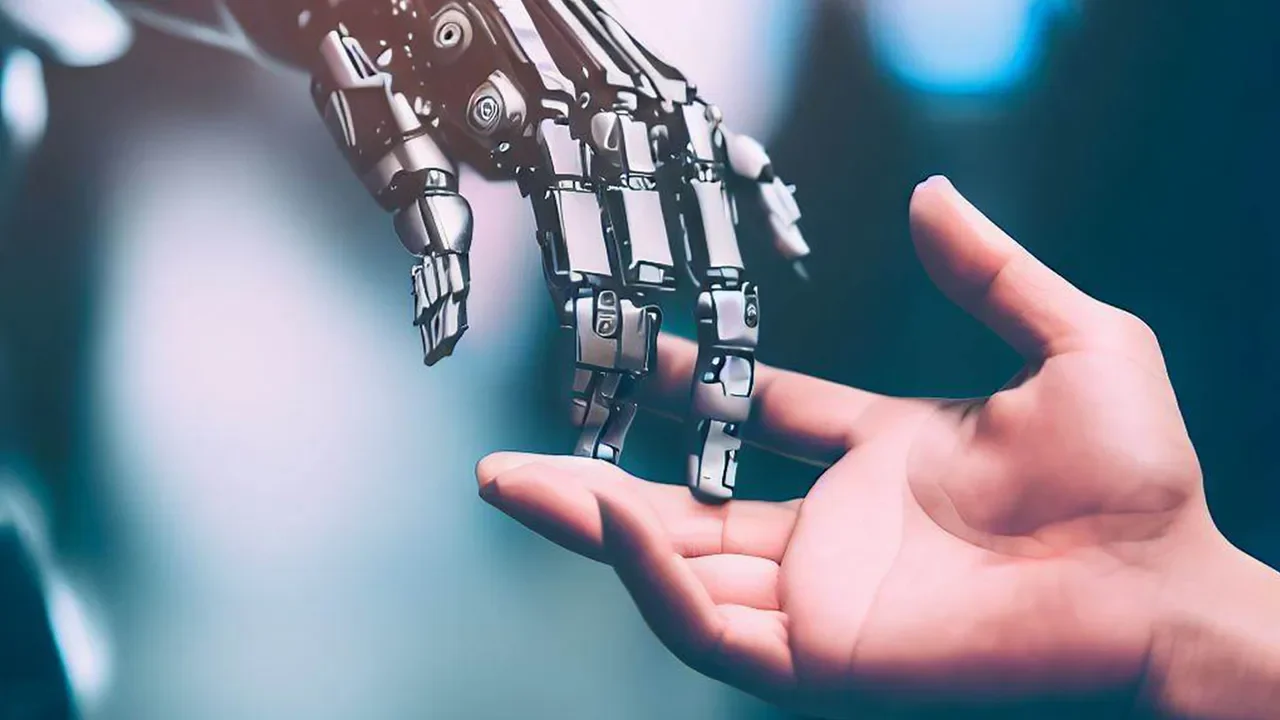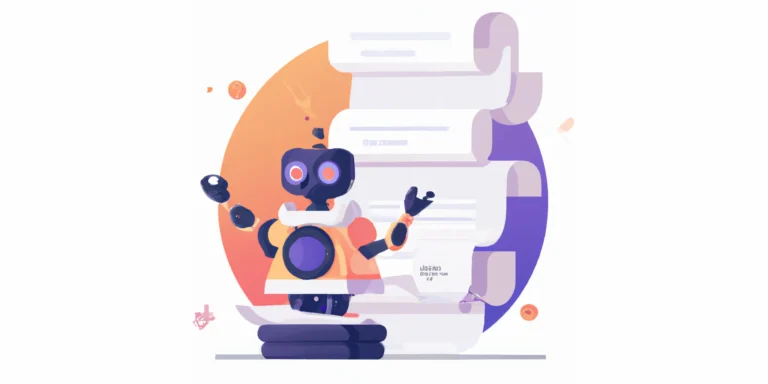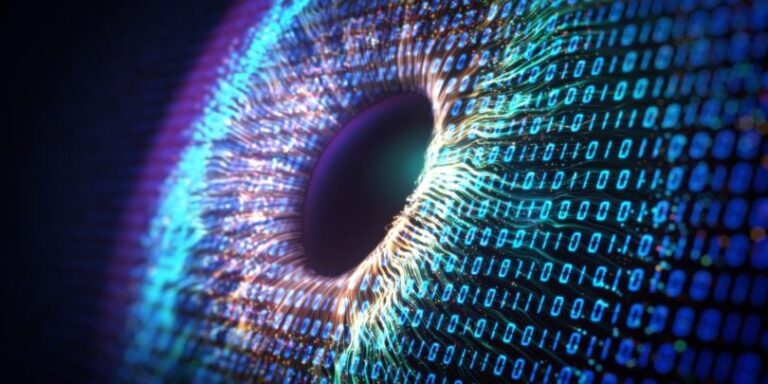The Future of AI in Everyday Life: What to Expect in 10 Years
Introduction: The Growing Influence of AI in Our Lives
Artificial Intelligence (AI) is no longer a futuristic concept reserved for science fiction; it is embedded in the fabric of our daily lives. From the simplest tasks, like organizing our calendars, to the more complex ones, such as driving our cars, AI technologies are reshaping how we live, work, and interact with the world around us. At its core, AI refers to machines and systems capable of performing tasks that typically require human intelligence, such as learning, reasoning, and problem-solving. Today, AI permeates everything from virtual assistants like Siri and Alexa to self-checkout systems in stores and personalized recommendations on streaming platforms.
The pace of AI advancements is nothing short of astounding. The past decade alone has seen exponential growth in the capabilities of AI, driven by massive improvements in computing power, data availability, and algorithmic innovation. In fact, what was once an area dominated by basic machine learning models is now home to sophisticated neural networks capable of complex tasks like language translation, facial recognition, and even creative processes like music composition.
Understanding AI’s future is critical because it holds the potential to drastically change our world in ways that we cannot yet fully predict. As AI continues to evolve, it will influence nearly every aspect of life, from health to education, and even the very way we interact with one another. Anticipating these changes is vital to ensuring that society can harness the benefits of AI while mitigating potential risks.
How AI Will Revolutionize Daily Tasks
The next decade will bring a revolution in how we handle daily tasks, driven by AI’s ability to automate and streamline various aspects of our lives. One of the most prominent areas of transformation will be the automation of routine chores and household tasks. AI-powered devices, such as robotic vacuums, smart dishwashers, and AI-assisted laundry systems, will become more advanced and efficient. These technologies will not only save time but will also enhance the quality of life by reducing manual labor and making everyday tasks less time-consuming.
AI-powered personal assistants will also play an even more prominent role in our daily routines. Currently, virtual assistants like Google Assistant and Apple’s Siri are used for simple tasks such as setting reminders or checking the weather. However, in the coming years, these assistants will evolve beyond voice commands and will become fully integrated into our daily lives. Imagine a personal assistant that proactively manages your schedule, orders groceries, adjusts your home’s lighting and temperature, and even arranges meetings or appointments based on your preferences and needs.
Additionally, the seamless integration of AI in home management systems will lead to the creation of “smart homes” that can think and adapt based on your actions. These AI systems will work together to optimize energy usage, ensure security, and enhance comfort—all with minimal user input. For instance, AI could learn your preferences for lighting and temperature and automatically adjust these based on your routines, even anticipating changes in your needs before you consciously make them.
The Transformation of Work: AI in the Professional Landscape
AI’s influence on the professional landscape will be profound, acting as a catalyst for increased productivity across various industries. In sectors like finance, healthcare, and manufacturing, AI is already revolutionizing processes by automating repetitive tasks, optimizing workflows, and providing insights that enhance decision-making. In the next decade, AI will act as a powerful productivity booster, allowing workers to focus on higher-level problem-solving while AI handles more mundane tasks. This transformation will free up valuable time for creative thinking, strategic planning, and problem-solving.
The evolution of AI-driven remote work tools will also change how we work. With the increasing trend of remote work, AI will facilitate more efficient collaboration through tools that streamline communication, project management, and data analysis. AI systems will be able to automatically schedule meetings, summarize discussions, and even suggest action items based on real-time data from collaborative platforms.
Furthermore, AI will continue to play a central role in strategic decision-making. As businesses gather increasingly large amounts of data, AI algorithms will be used to identify trends, forecast market movements, and even simulate future scenarios. This shift will make decision-making faster, more accurate, and data-driven, reshaping how organizations operate and innovate.
AI and Personalized Healthcare: A Healthier Future
AI’s potential to transform healthcare is immense, with its ability to provide personalized care that is both efficient and accurate. One of the most exciting developments is the use of AI-powered diagnostics, which can analyze vast amounts of medical data to detect diseases earlier than ever before. For instance, AI is already being used to analyze medical imaging, such as X-rays and MRIs, to identify abnormalities that human doctors might miss. In the future, this technology will become even more accurate, enabling early detection of conditions like cancer, heart disease, and neurological disorders.
Personalized medicine will also see a major shift thanks to AI. Using genetic data and individual health metrics, AI will help doctors create tailored treatment plans specific to each patient’s unique needs. This move toward precision medicine will lead to better outcomes, fewer side effects, and a more targeted approach to treatment.
Moreover, AI will play an increasingly important role in mental health support and therapy. AI chatbots and virtual therapists are already providing accessible mental health services, and as the technology advances, these systems will become even more adept at providing personalized therapy, recognizing signs of mental health issues, and offering real-time support.
Smart Cities: AI’s Role in Urban Development
AI will also have a profound impact on urban living as cities evolve into “smart cities.” In the next decade, AI will be integral in managing traffic, optimizing transportation systems, and reducing congestion. Through real-time data analysis and machine learning, AI will help optimize traffic flows, reducing wait times and lowering carbon emissions. Additionally, AI-driven public transportation systems will become more efficient, using predictive analytics to improve routes and schedules.
AI will enhance public safety by enabling advanced surveillance systems that can detect anomalies and predict potential security threats. These systems will not only help law enforcement but also improve response times and reduce crime rates.
Sustainability will also be a priority for future cities, with AI helping to manage energy consumption, water usage, and waste management. Smart grids powered by AI will optimize electricity distribution, ensuring that energy is used more efficiently, while AI-enabled systems will help reduce waste and increase recycling efforts.
The Future of Transportation: Autonomous Vehicles and Beyond
One of the most anticipated developments in the next decade is the widespread adoption of autonomous vehicles. Self-driving cars will not only transform how we commute but will also reshape cities and infrastructures. With the ability to navigate without human intervention, autonomous vehicles will reduce traffic accidents, alleviate congestion, and make transportation more efficient.
AI will also play a role in traffic prediction and route optimization, ensuring that vehicles avoid bottlenecks and get to their destinations faster. Machine learning algorithms will analyze traffic patterns, weather conditions, and even social events to predict traffic trends and suggest alternative routes.
Public transportation will also undergo a transformation as AI systems are integrated into buses, trains, and other forms of mass transit. Autonomous vehicles will work in tandem with traditional public transportation, providing on-demand services and improving the overall efficiency of urban transport networks.
AI in Education: Redefining Learning Experiences
AI will revolutionize the education sector by creating personalized learning experiences that cater to individual students’ needs. AI algorithms will analyze students’ progress, strengths, and weaknesses to provide tailored lesson plans and resources. This personalized approach will not only improve learning outcomes but will also help students learn at their own pace, fostering a more inclusive and adaptive education system.
AI-driven tutoring services will become more common, providing on-demand academic support to students of all ages. These AI-powered systems will be able to offer instant feedback, guide students through difficult concepts, and even help them with homework in real-time.
In addition, AI will be integral in shaping the educational tools of the future. From virtual classrooms to immersive learning environments powered by AI and augmented reality, education will become more engaging, interactive, and accessible.
AI in Entertainment: Tailoring Content to Your Preferences
AI is already playing a significant role in the entertainment industry, particularly in the realm of content creation. Machine learning algorithms are being used to generate music, write scripts, and even design video games. As AI continues to evolve, it will produce increasingly sophisticated and original content, providing new experiences for audiences.
Personalized content recommendations will become more accurate and nuanced. AI will analyze viewing patterns, preferences, and even moods to recommend content that is tailored to each individual’s tastes. Whether it’s movies, TV shows, or video games, AI will ensure that users always have something they love to watch or play.
Interactive entertainment will also see an evolution with AI-driven experiences. Video games will adapt to players’ behaviors, offering dynamic storylines and challenges based on individual actions. Virtual reality (VR) and augmented reality (AR) will combine with AI to create fully immersive, interactive worlds that feel more lifelike than ever before.
AI and Privacy: Striking a Balance Between Convenience and Security
As AI becomes more embedded in our lives, privacy concerns will naturally arise. AI’s role in enhancing cybersecurity will be crucial in protecting personal data and securing digital platforms. AI systems will be able to detect potential security threats in real-time, preventing cyberattacks before they happen.
However, the collection and use of personal data by AI systems raise ethical concerns. The balance between convenience and security will need to be carefully managed. Future solutions will include transparent data collection practices and robust regulations that ensure personal privacy is respected without sacrificing the benefits of AI.
The Future of AI Ethics: Creating Responsible AI Systems
The rapid advancement of AI presents significant ethical challenges. Ensuring transparency in AI algorithms will be essential to avoid biases in decision-making. AI systems must be able to explain their reasoning, particularly in areas like healthcare, law enforcement, and finance, where decisions can have serious consequences.
Addressing bias and fairness in AI is another critical concern. AI systems are only as good as the data they are trained on, and if that data is biased, the AI’s decisions will reflect those biases. Ongoing efforts will be needed to ensure that AI systems are designed to be fair, impartial, and just.
Global regulation will play an increasingly important role in the development of AI. Governments and organizations must collaborate to establish guidelines and standards that ensure AI is used responsibly and ethically.
The Impact of AI on Human Interaction and Relationships
AI has the potential to enhance communication, making it easier for people to connect across languages and cultures. AI-powered translation tools will break down language barriers, enabling more fluid global communication. Additionally, AI will improve accessibility for individuals with disabilities, providing new ways for them to engage with the world.
However, the rise of AI also brings questions about its impact on human companionship and relationships. Will AI replace human interaction? While AI can provide support and companionship, particularly in areas like mental health and elder care, it cannot replace the deep emotional connections that human relationships offer.
Ethical considerations surrounding AI in human connections will continue to evolve. Striking a balance between AI’s capabilities and the preservation of human empathy and social bonds will be crucial as society moves forward.
Conclusion: A Decade of AI-Driven Transformation
The next decade promises to be a period of unprecedented transformation, driven by the evolving capabilities of AI. From personalized healthcare and smart cities to redefined educational systems and enhanced entertainment experiences, AI will fundamentally change how we live and work. However, with these advancements come challenges—especially in terms of ethics, privacy, and human interaction. Preparing for this AI-enhanced future requires a thoughtful approach, one that embraces the potential of AI while managing its risks. The future is indeed promising, but it must be navigated with care and responsibility.



